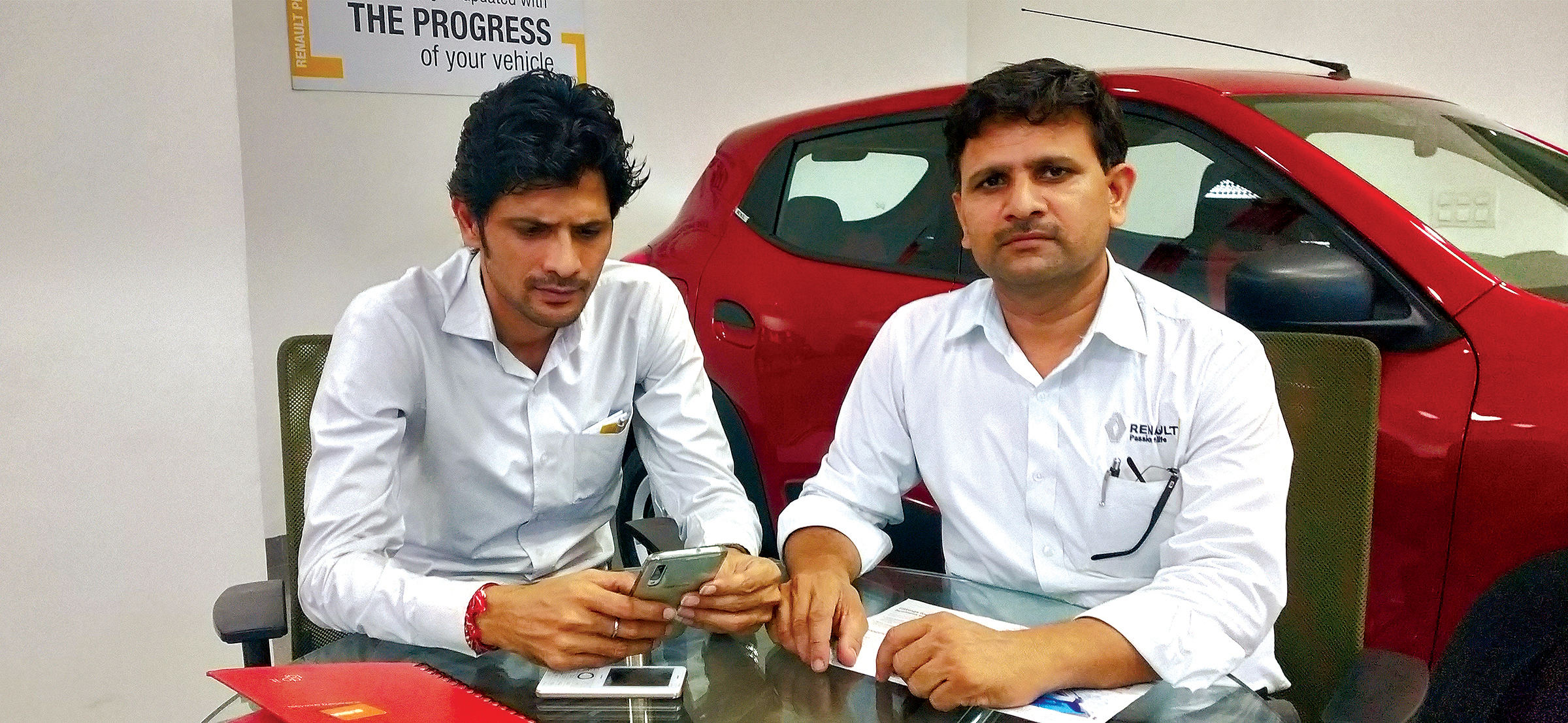
As per recent statistics given by SIAM, more than 300 dealerships across the country downed their shutters in just the last year, most of them from Delhi and Mumbai. Patriot asked sales executives in Okhla what is the situation in their corner.
At a dealership DD Motors in Okhla, senior sales executive Akhilesh Chaudhary explains the situation they face. “Generally, every year, i.e. April to September, sales are always a bit low as customers usually prefer to make purchases during the festive season — or at the end of the year, when producers come up with attractive offers and discounts. But this year it’s been the worst which I have seen in my five-year career,” he says.
Further, he adds, “There used to be 2-3 popular car manufacturers but the current scenario is completely different. There are any number of brands and now customers have various options to choose from, that too under the same price bracket. The customer is not looking for big brands but value for money. In this recession type of situation two new entries MG’s Hector and Kia will somewhere disrupt the market.”
He further says, “Maruti discontinuing the manufacturing of diesel hotseller Vitara Brezza due to tougher norms has been a disappointment. Those dealers who have staying power remain. Others who cannot brave out the current situation have made way for others”.
Juneja, manager of a showroom for Nissan and Datsun, says, “Both the brands together just have 2% of marketshare nationwide so we haven’t been hit that hard. It has hurt the other key market players such as Maruti or Hyundai which own a larger share of the pie”.
The automobile sector of India contributes around 8% to total GDP and constitutes 49% of the total production sector. So support partners such as transporters, component and spare parts manufacturers are facing a rough patch too.
At Courtesy Honda, sales executive Rohit feels government norms and policies are the main reason for the fall. In the last two months, the showroom has reduced its workforce by 15-20%. The transition from Euro stage IV to stage VI from next year onwards is one of the reasons for the slump. Hike in prices, increase in interest rates by banks, increase in cost of insurance, diesel engines being called off, high GST rates, hike in rates of registering vehicles are all major reasons — as in the end all this has to come out of the consumer’s pocket.
Same is the situation with the Renault dealership next door. Two senior employees of the showroom Abdul Gaffar and Rajat Yadav aver, “It seems customers are just not interested in visiting showrooms nowadays. Sales are just sufficient to keep us in the game — no hyper profits are there to be taken.”
The psychology of the buyer has changed, they feel. Customers seem to regard a four-wheeler a necessity, not a luxury item to flaunt, as they themselves are not earning good money in their jobs. Renault engines have already been fulfilling BS-VI norms for the last five years, but frequent changes by policymakers are major factors that increase the manufacturing cost and the overall cost of the vehicle. So a first-time buyer might prefer a second-hand car rather spending a hefty amount for the new one.
Rajat wraps up on a hopeful note: “We are still riding on hope with the festive season coming and Renault introducing a new MUV (Multi Utility Vehicle) Triber”.
One of the accused bolted the shop door from inside, while another allegedly pointed a…
The air quality was recorded in the "poor" category at 9 am on Saturday, with…
Analysis by Centre for Research on Energy and Clean Air shows Delhi had its worst…
Delhi Police have arrested two men for the alleged revenge killing of a 17-year-old boy…
Delhi government launches an electric double-decker bus tour linking key landmarks to boost tourism, with…
From Old Delhi rooftops to elegant dining spaces, these five Delhi spots offer authentic, comforting…